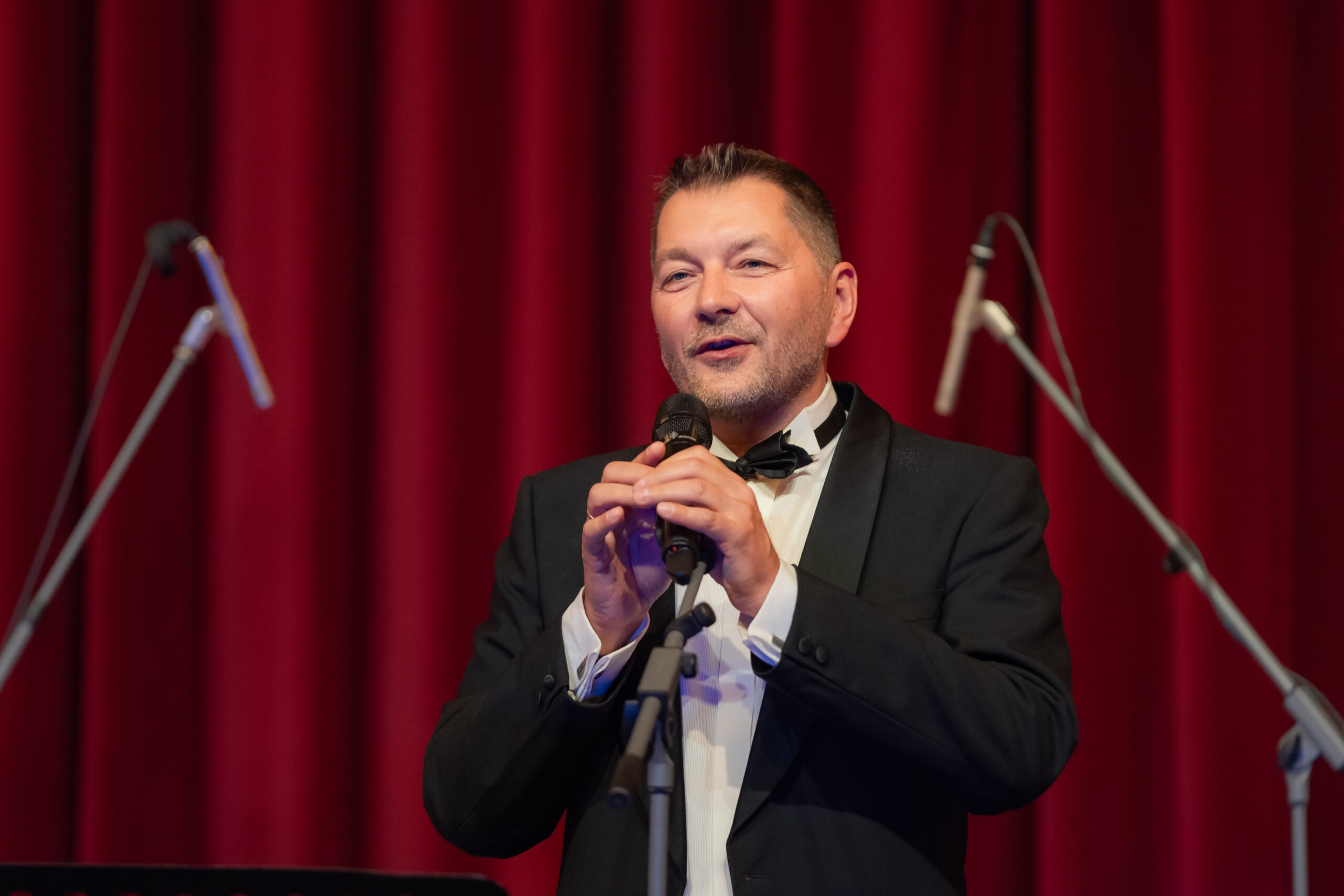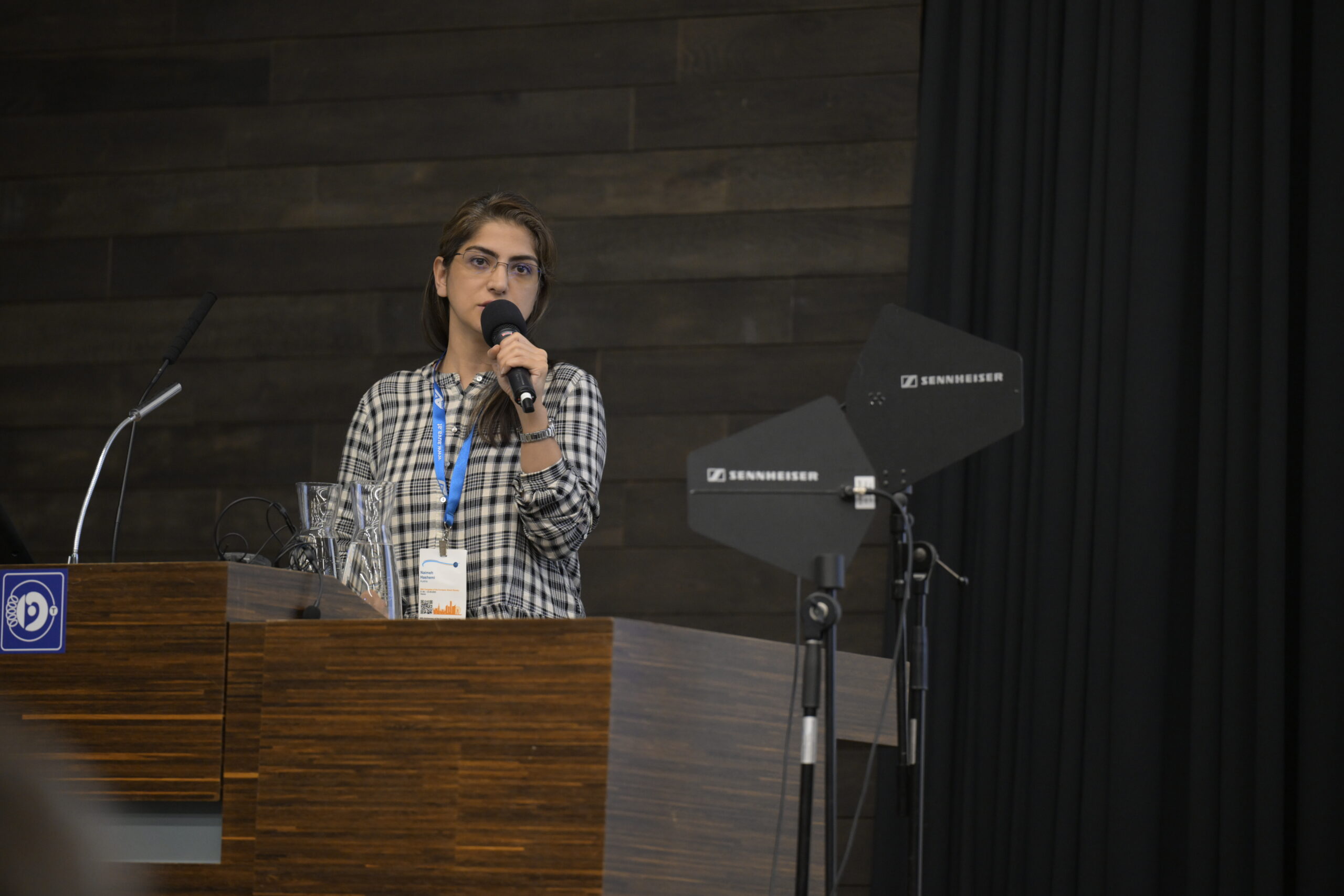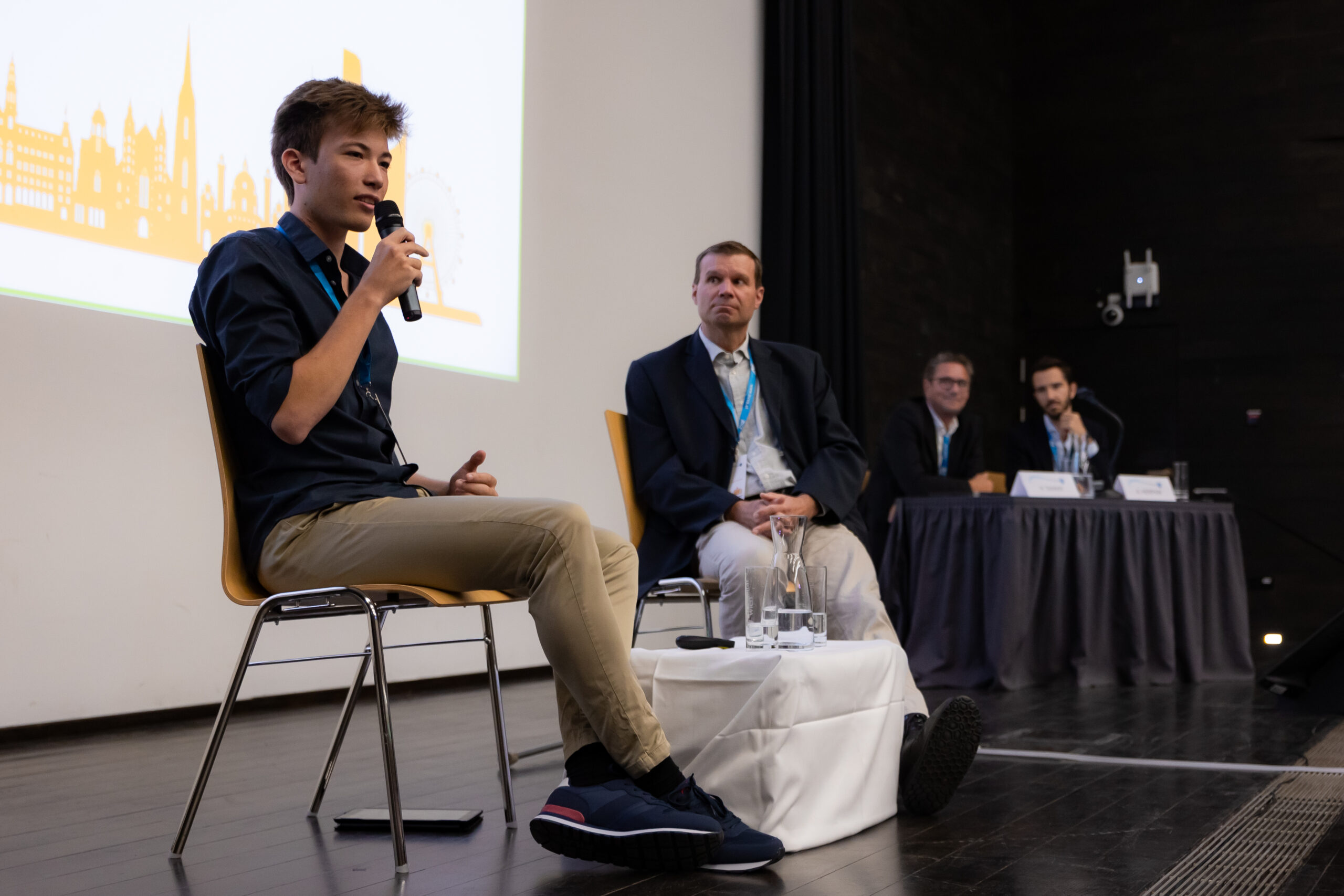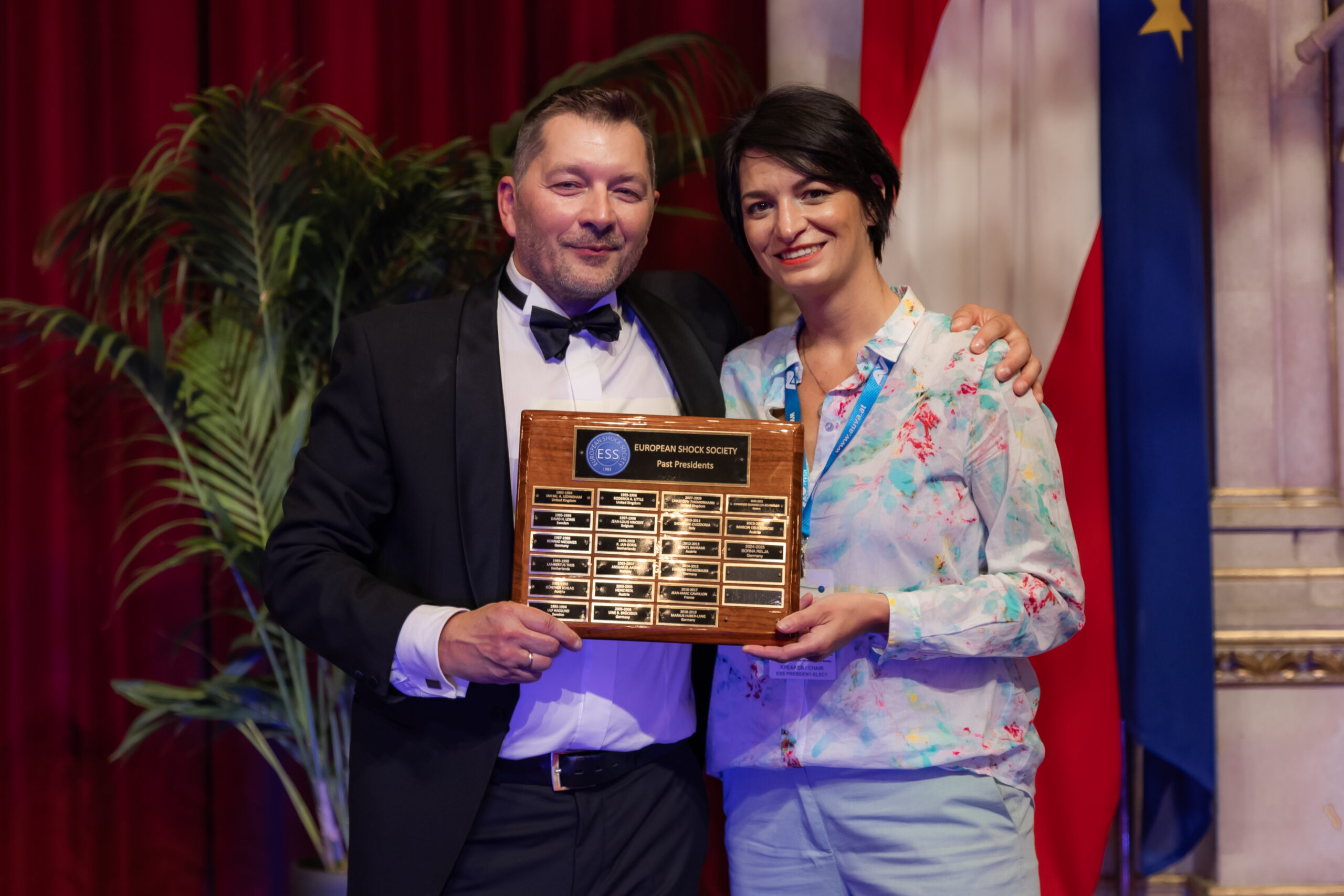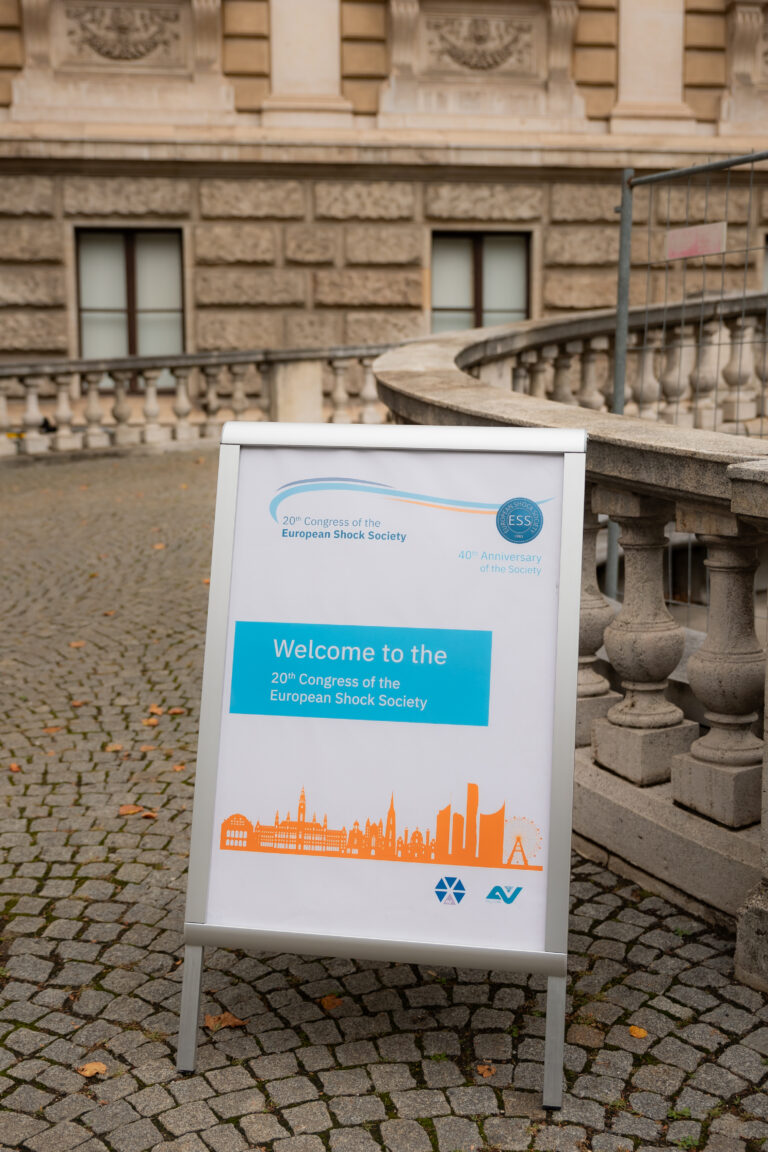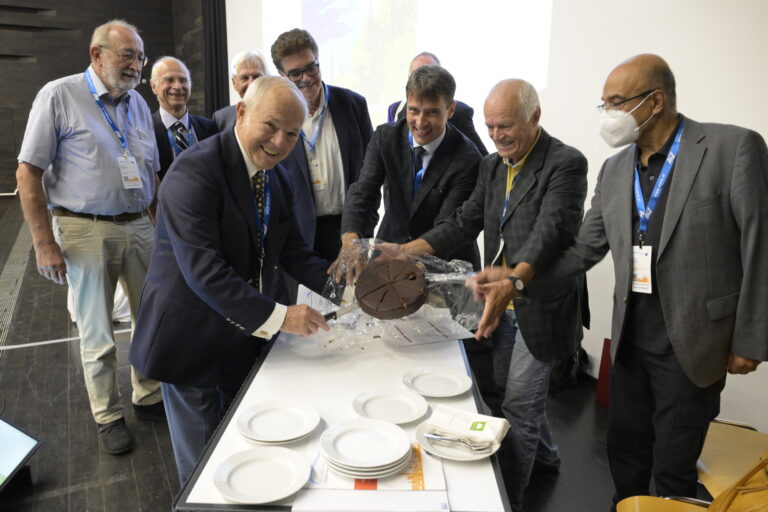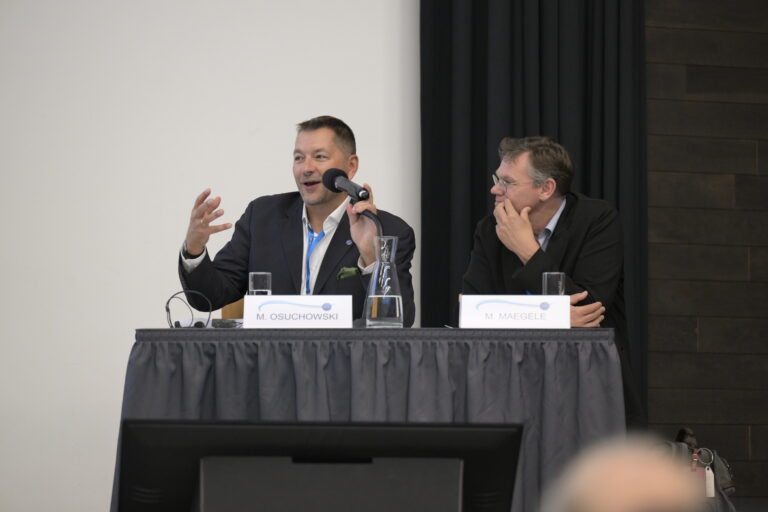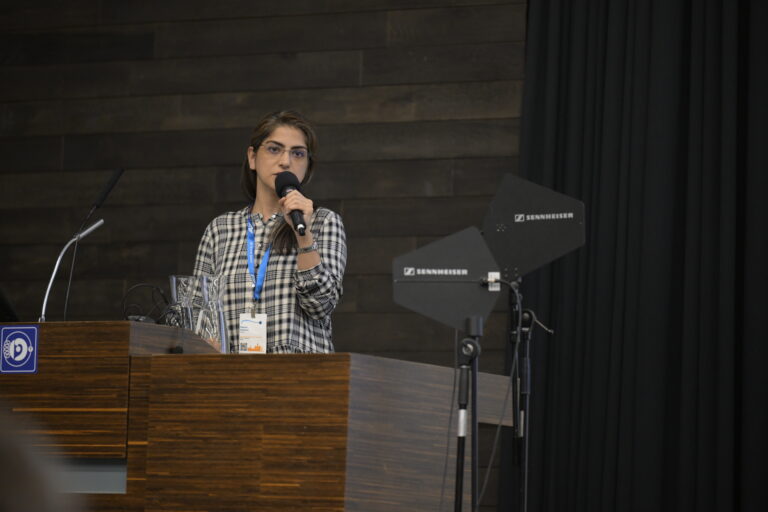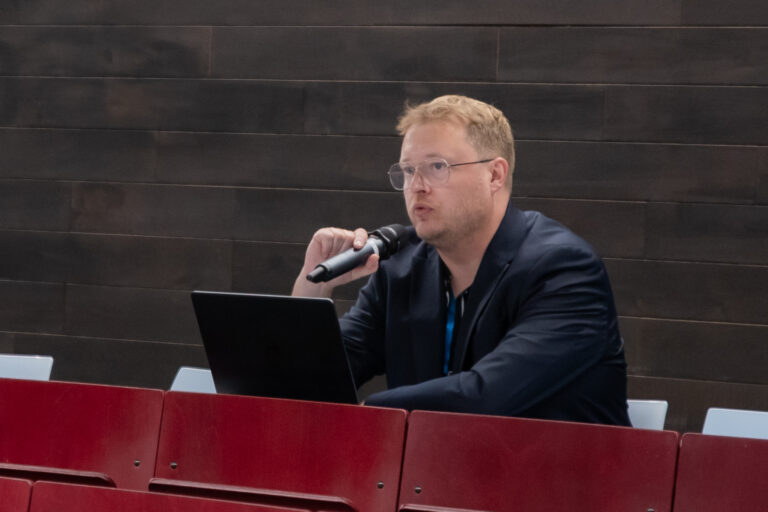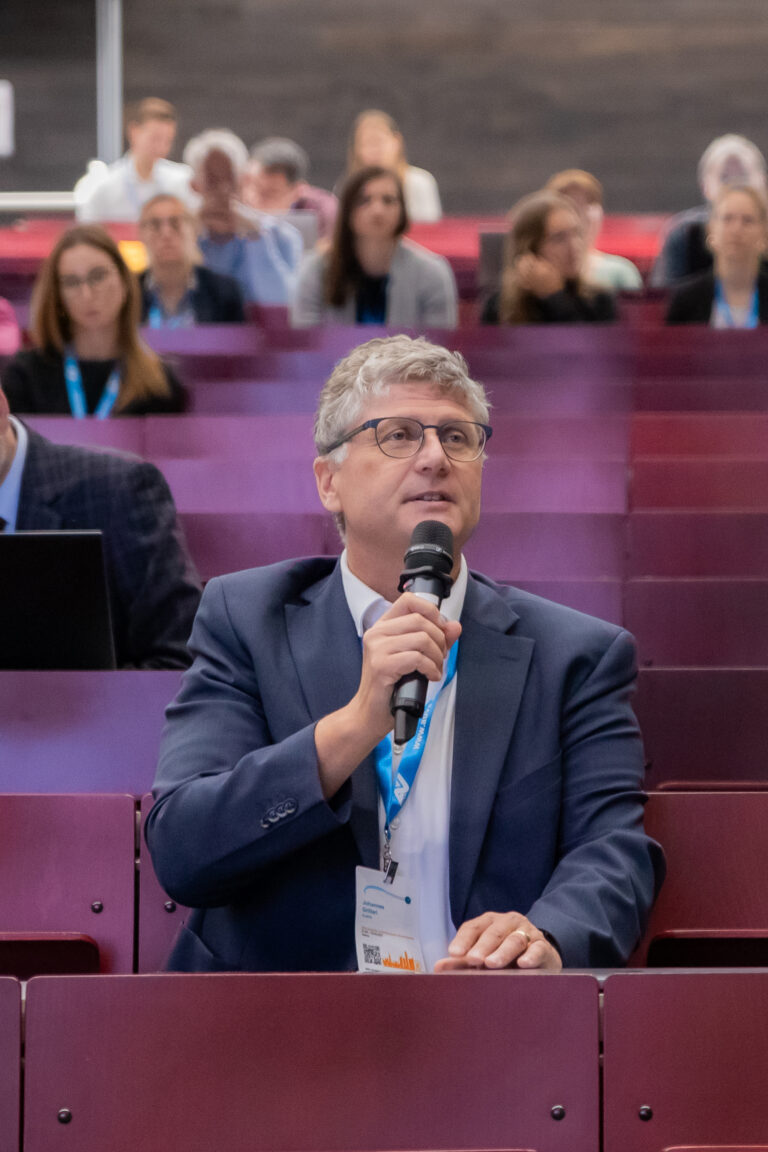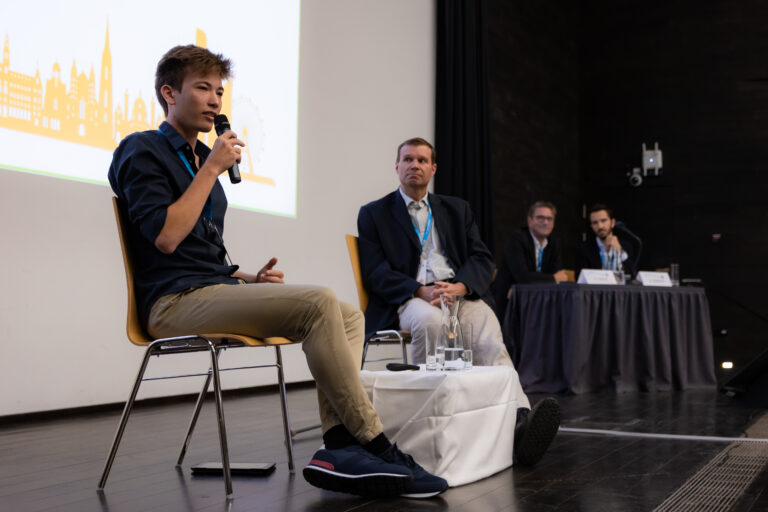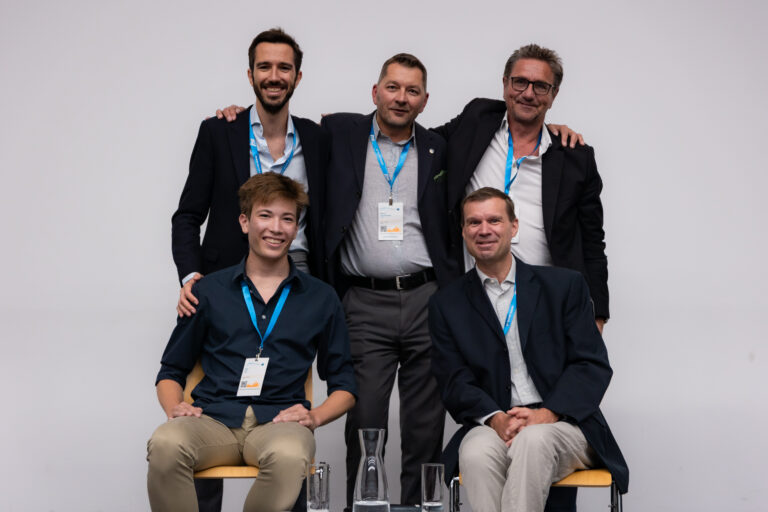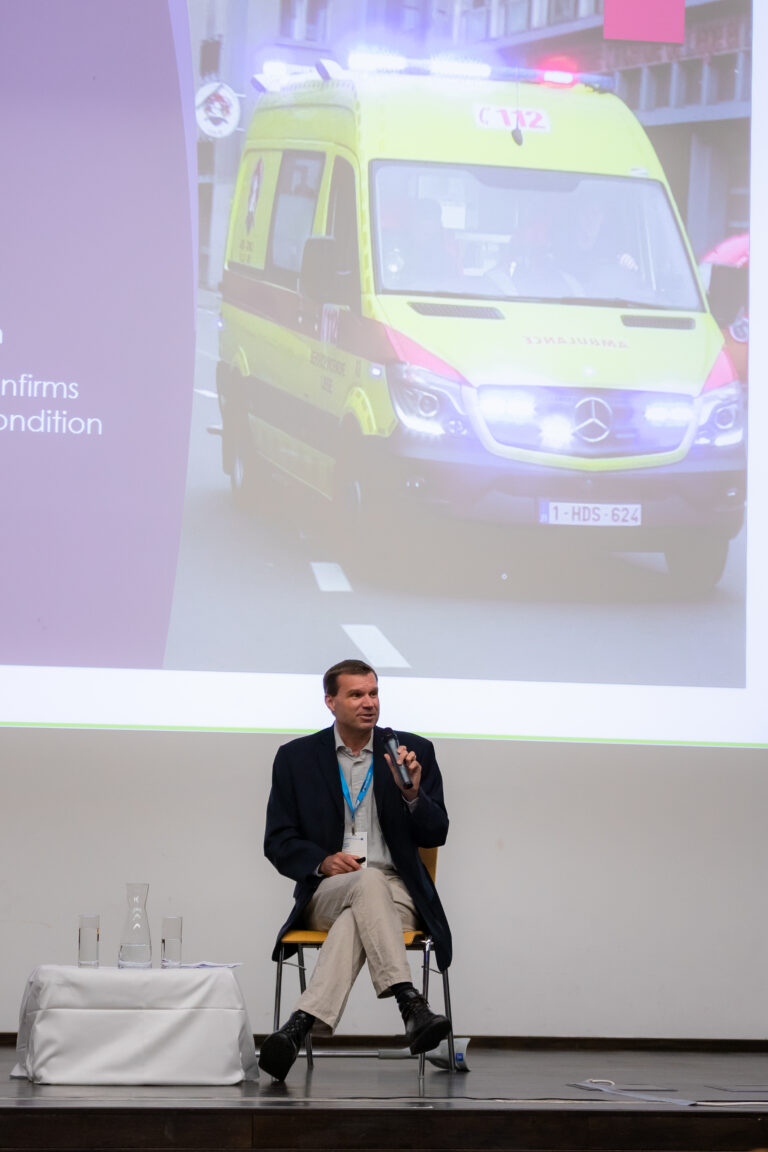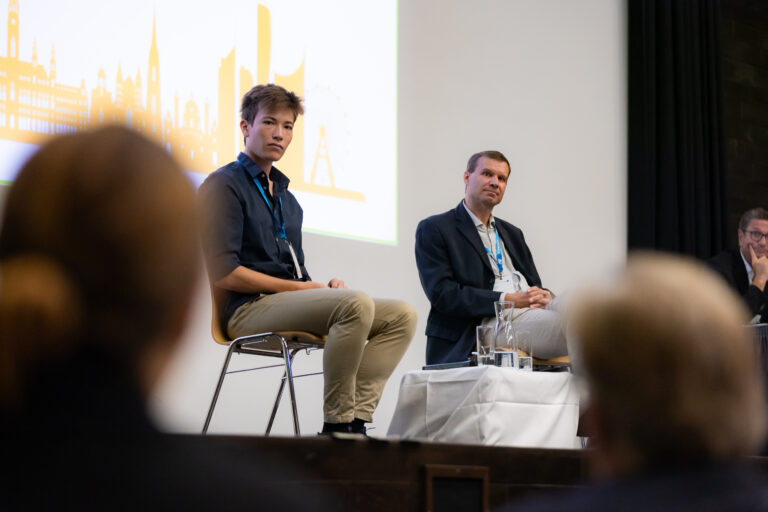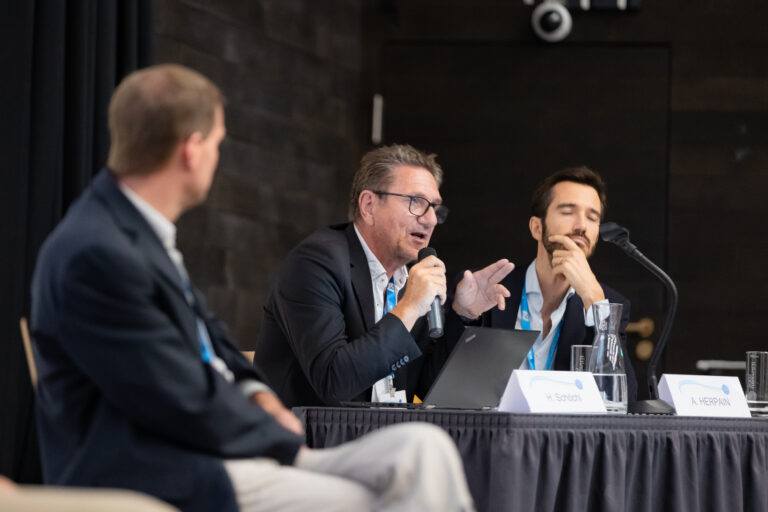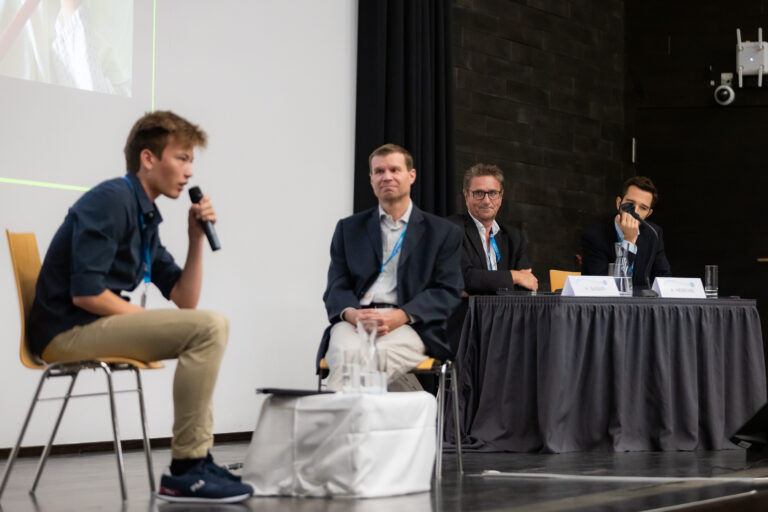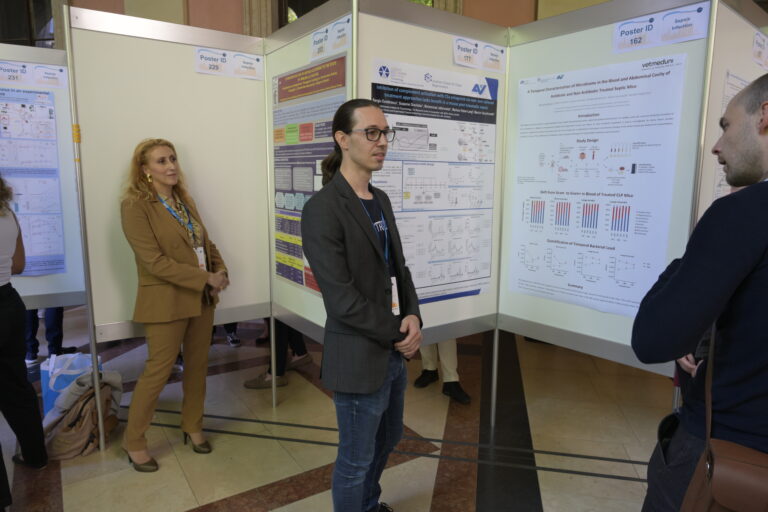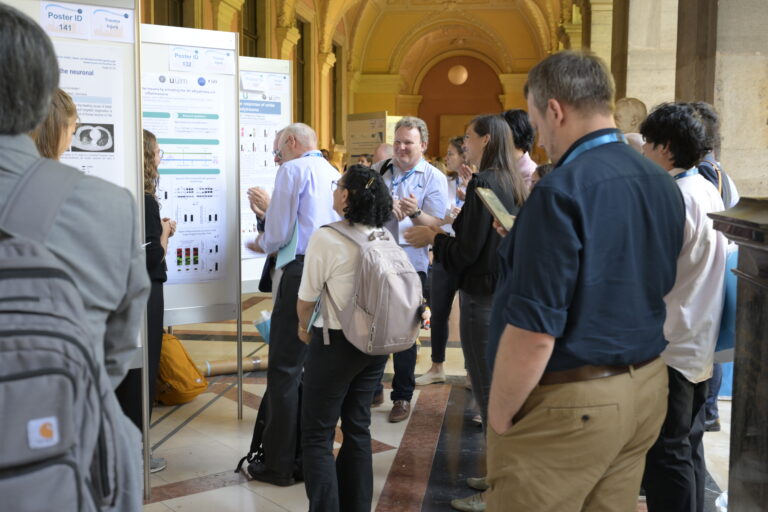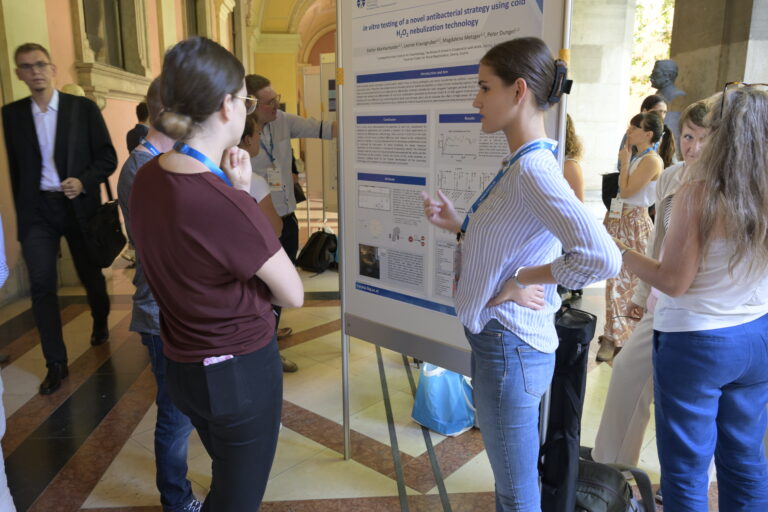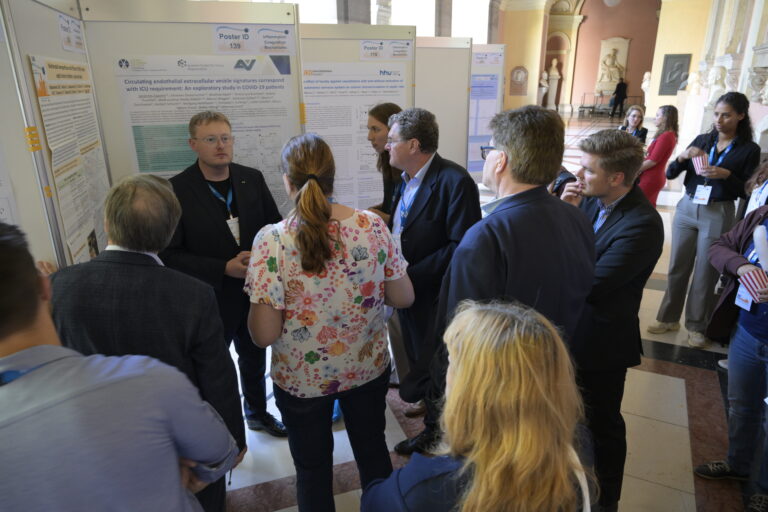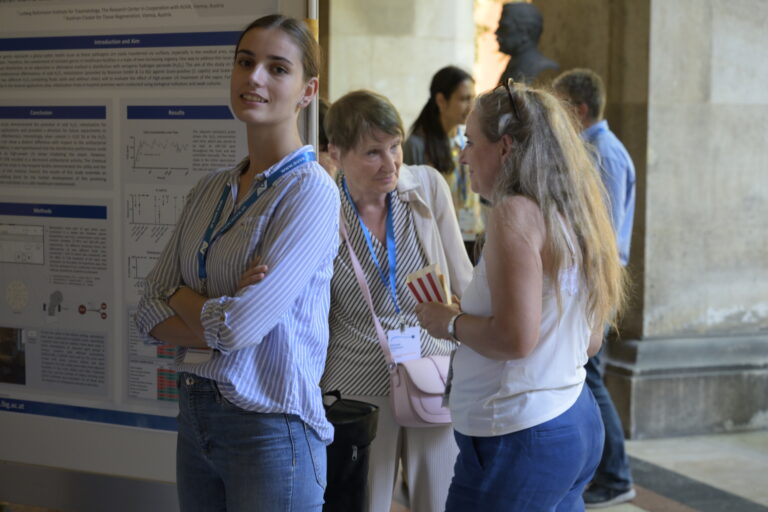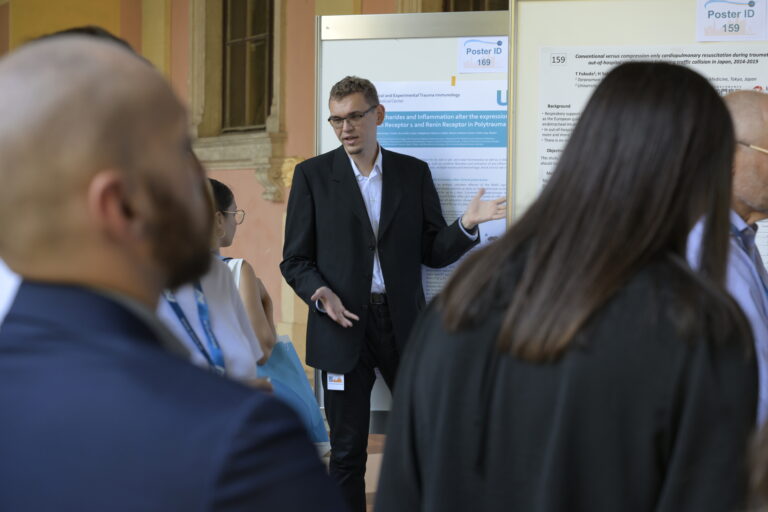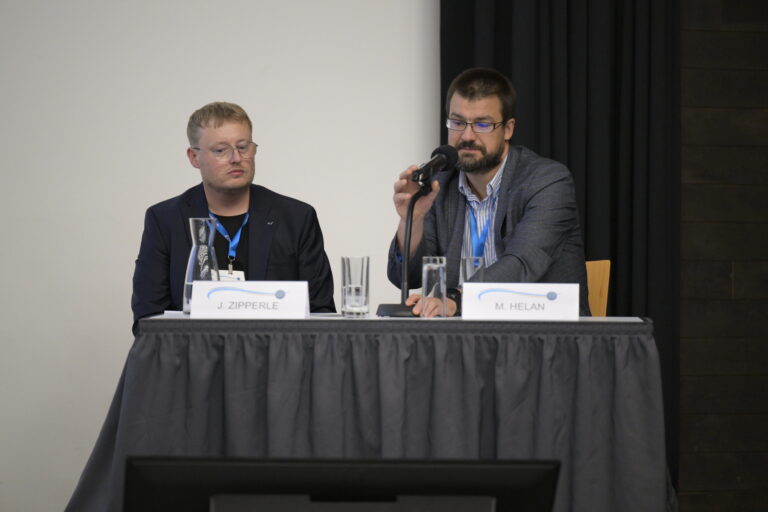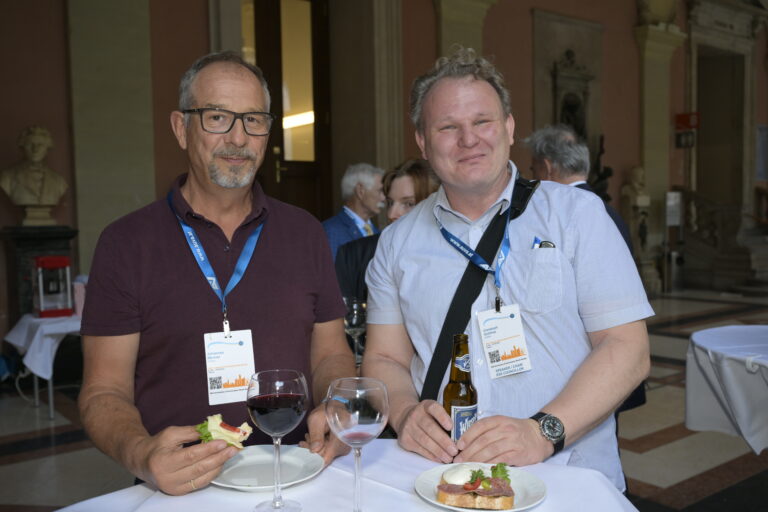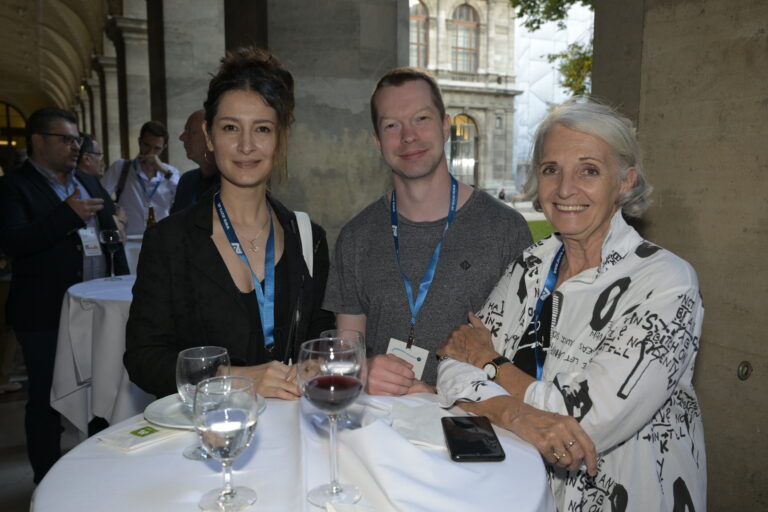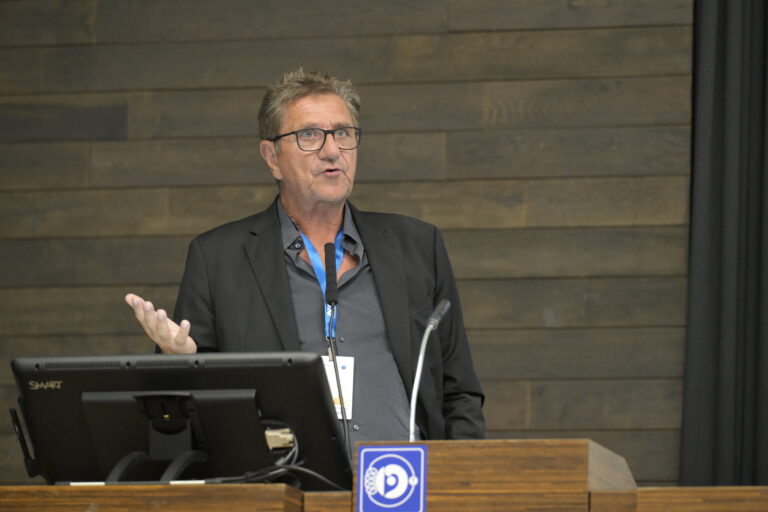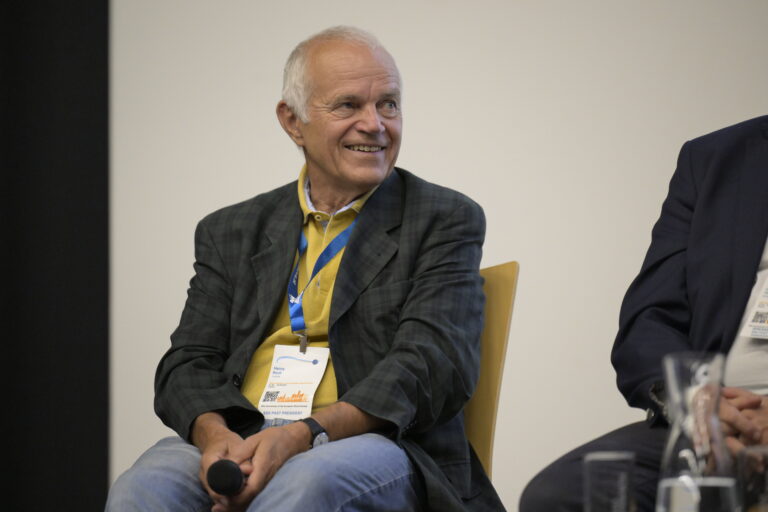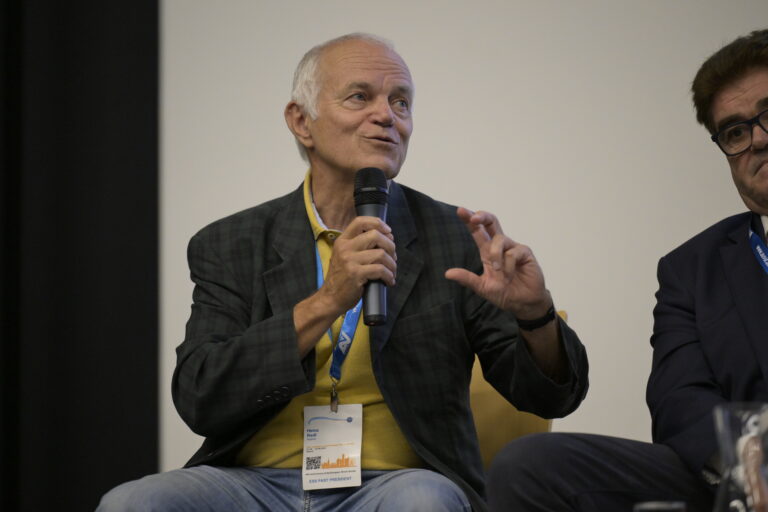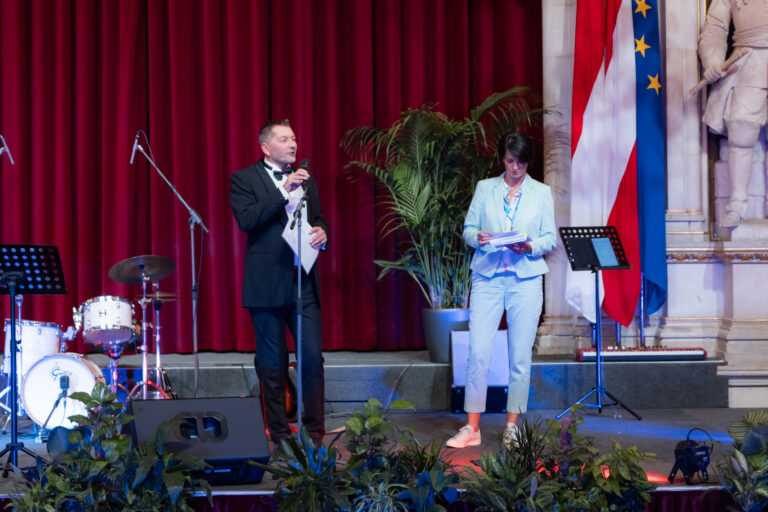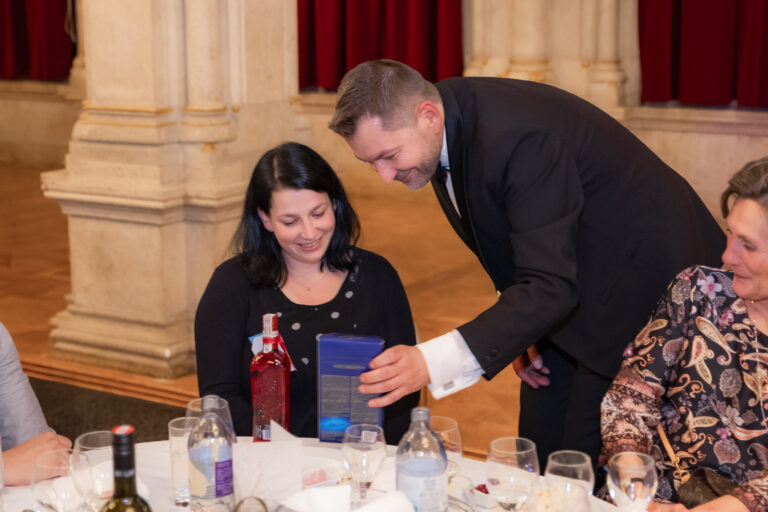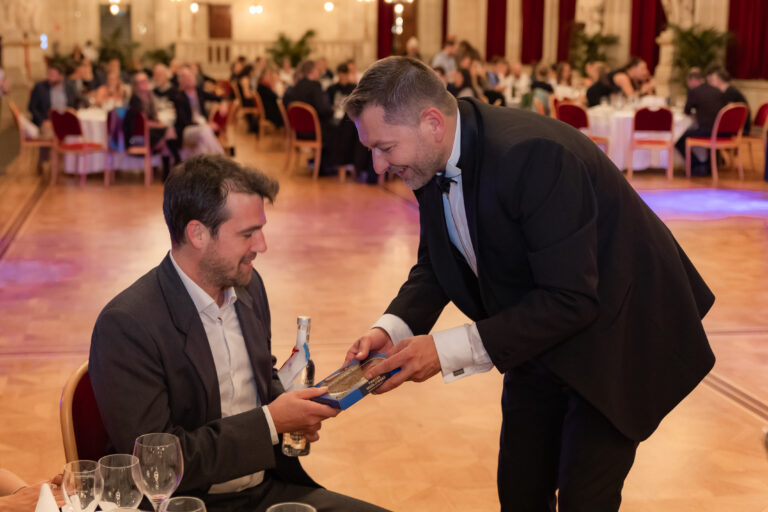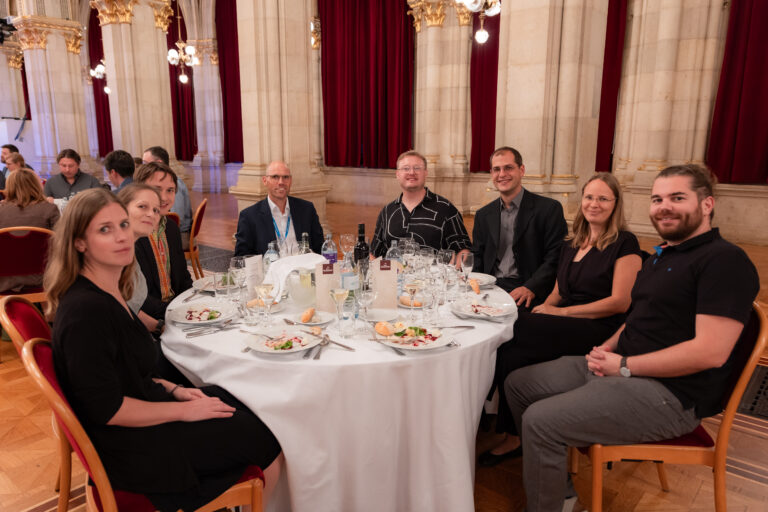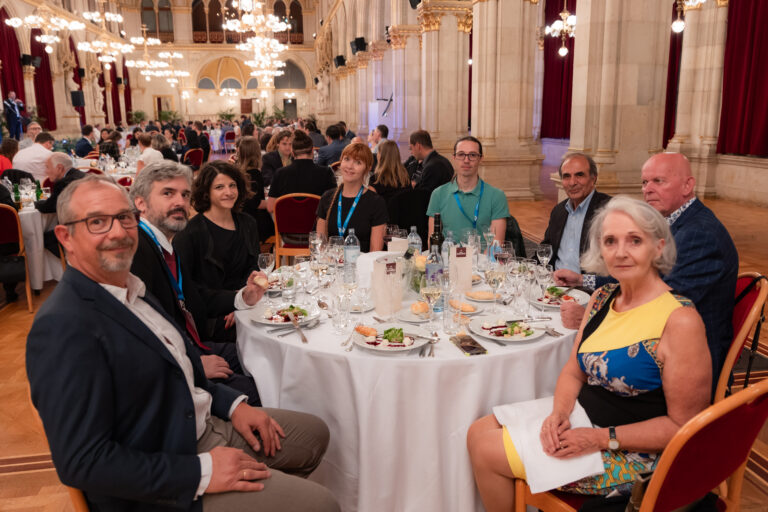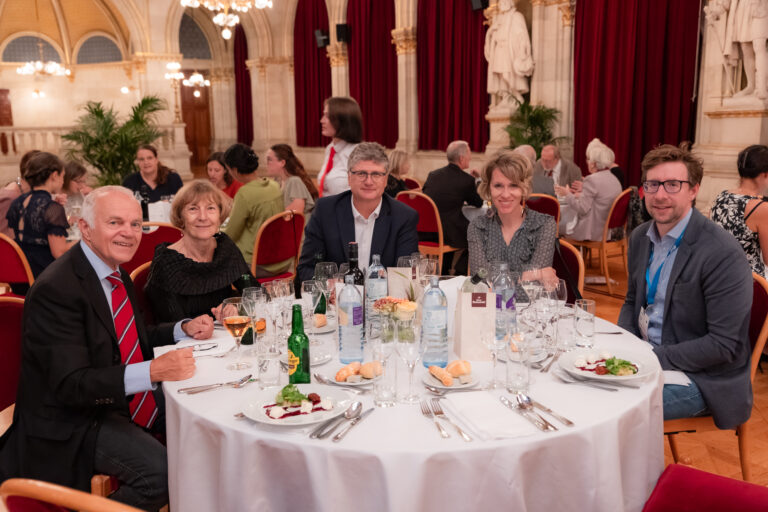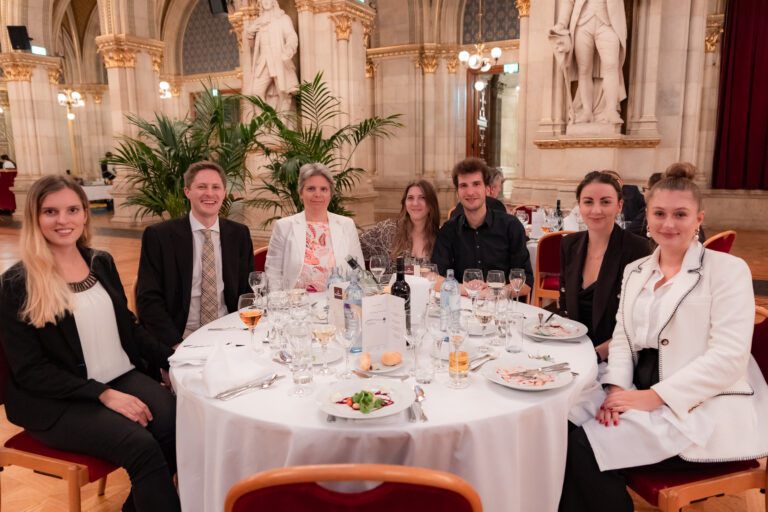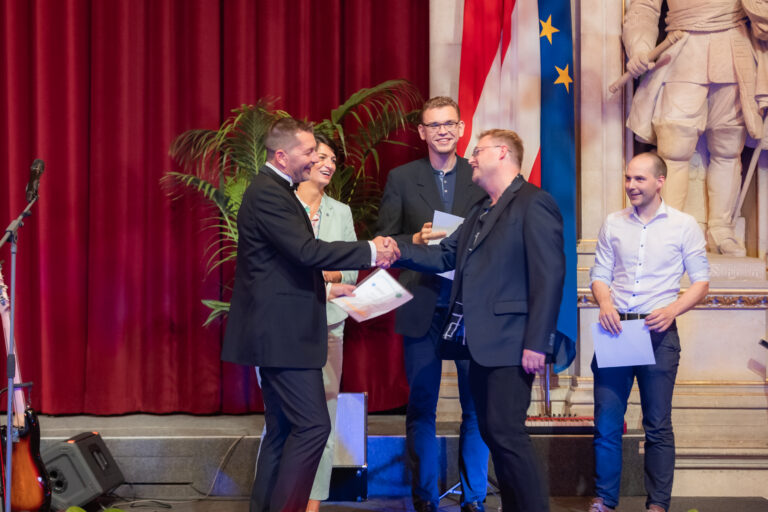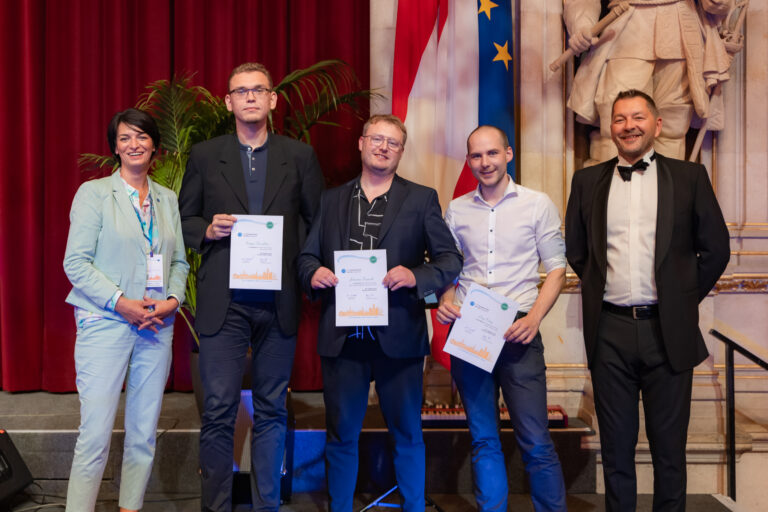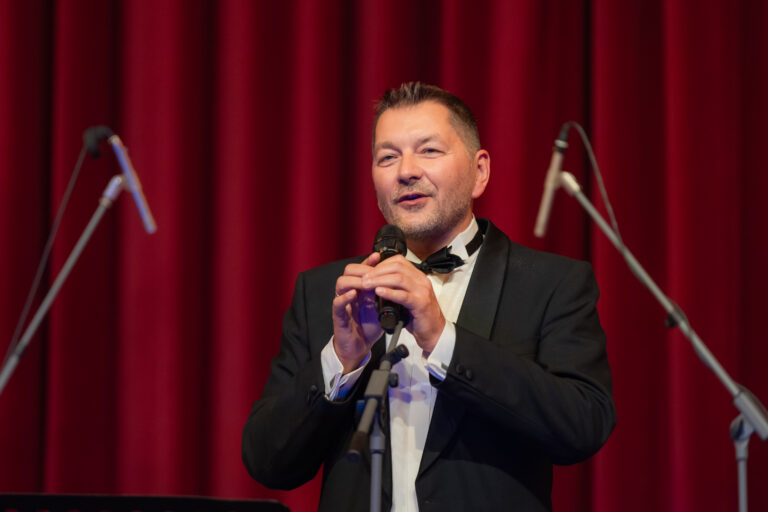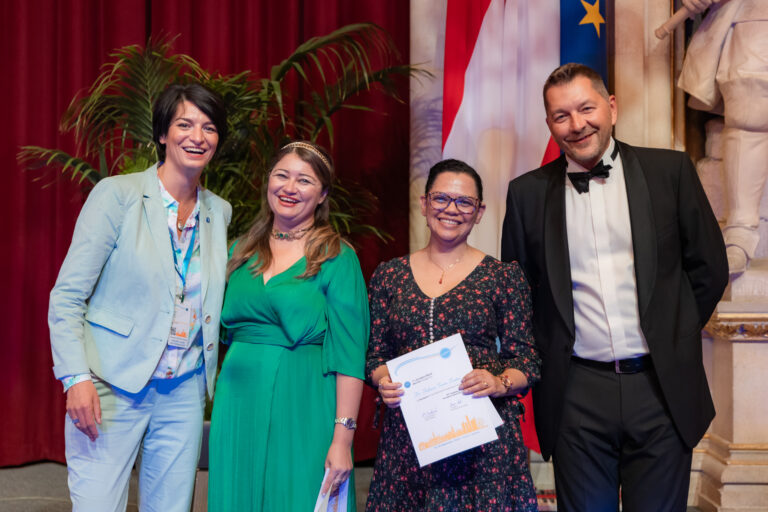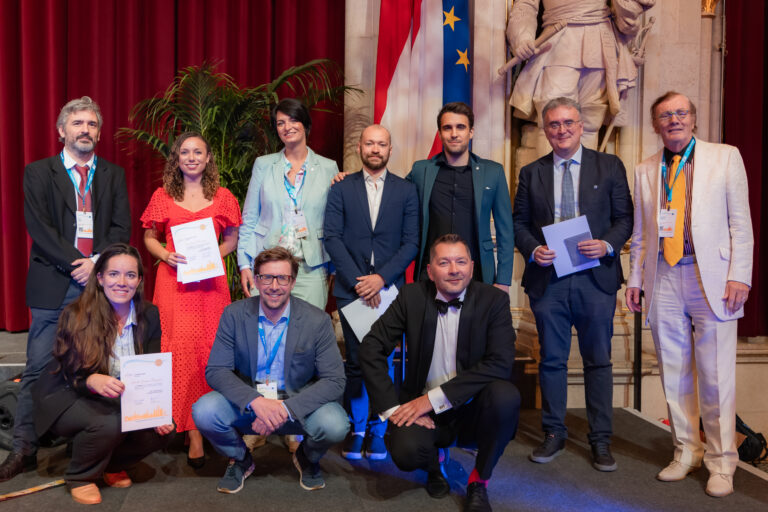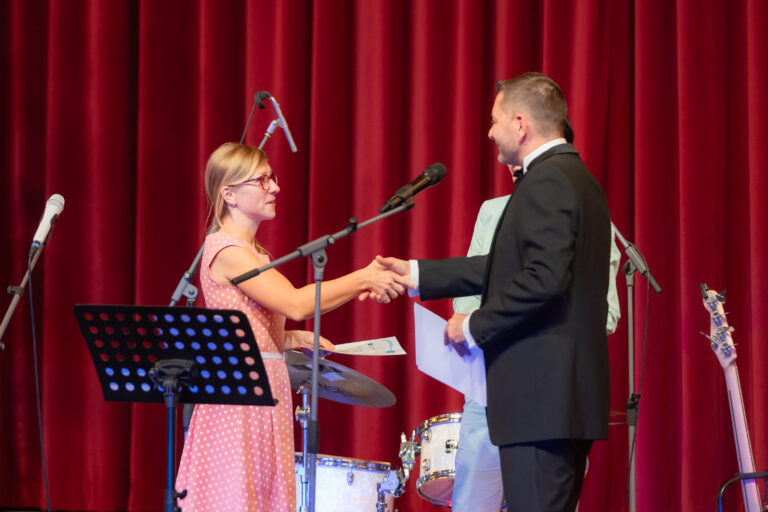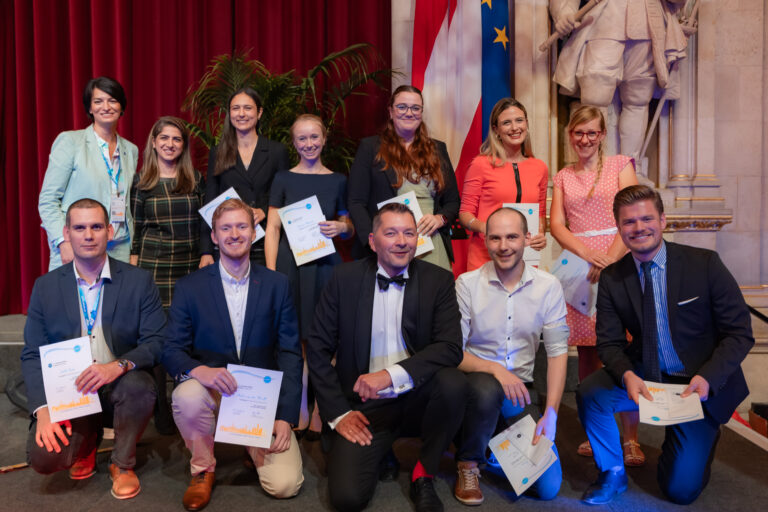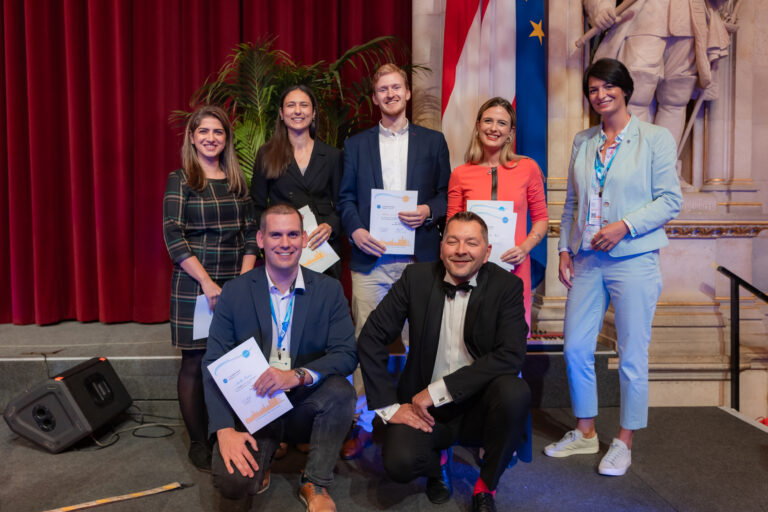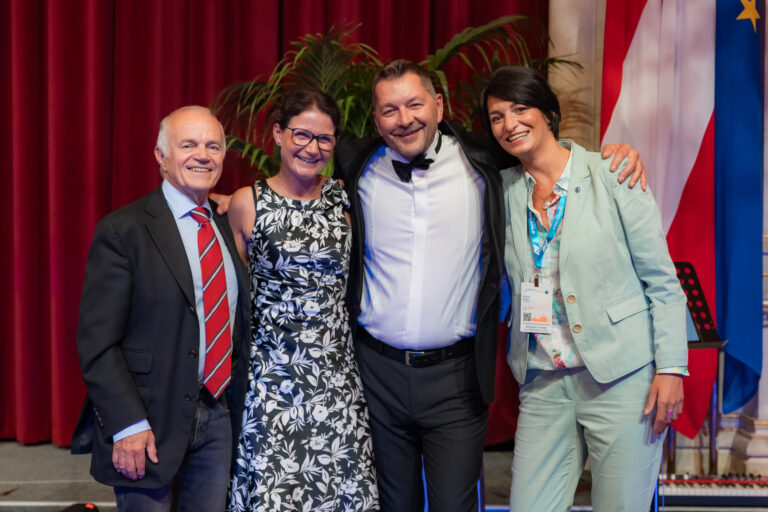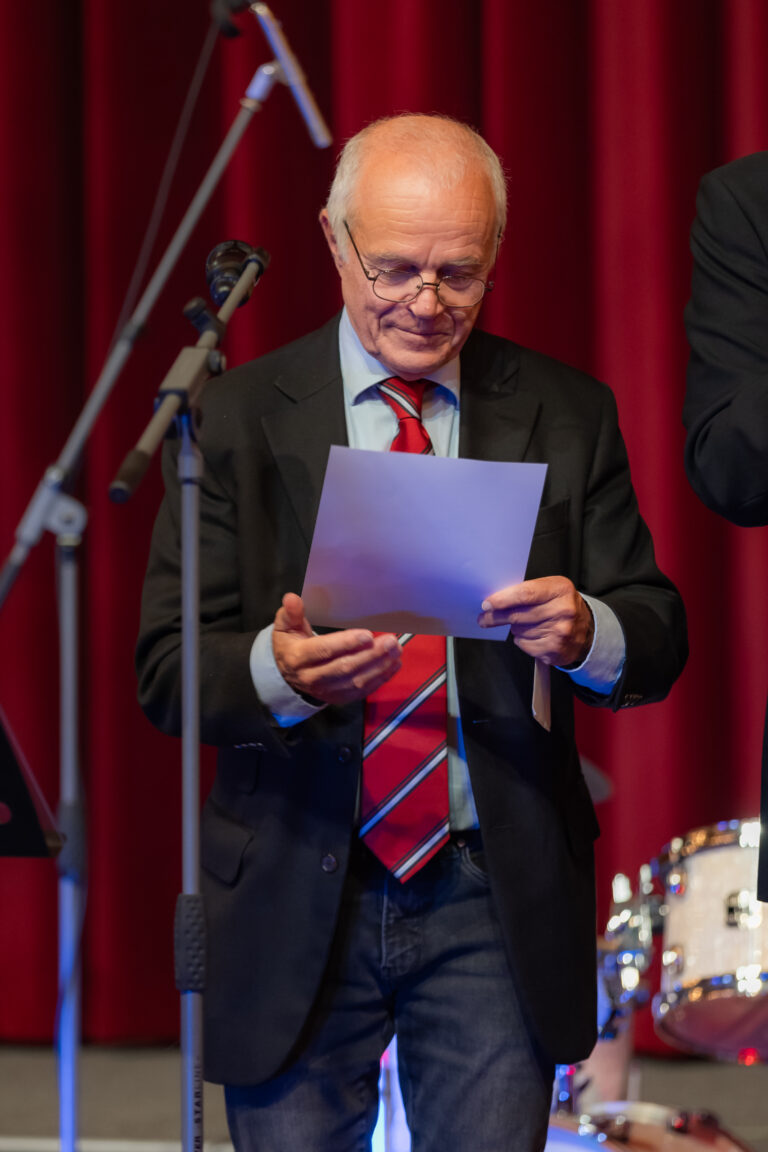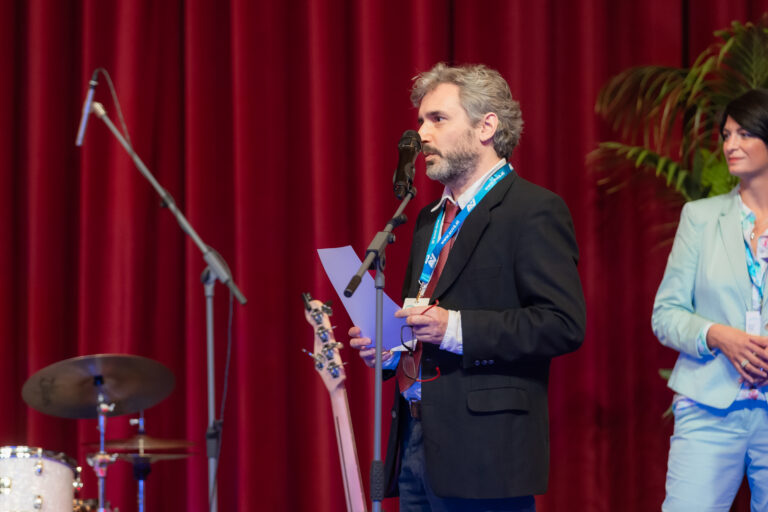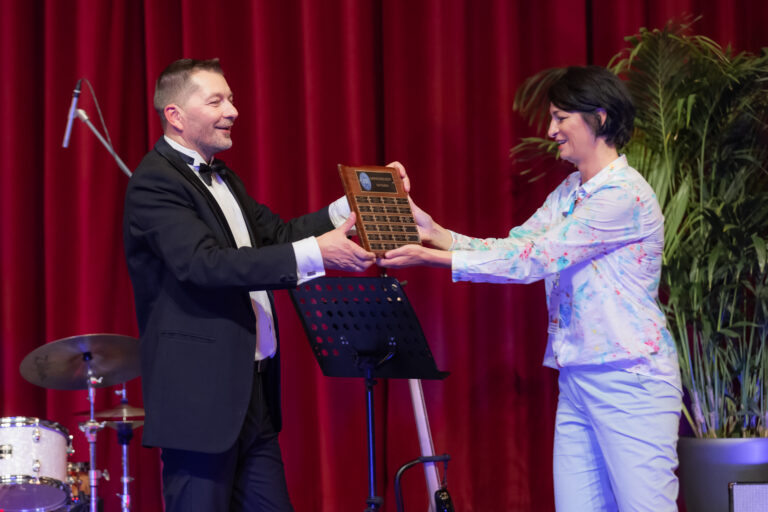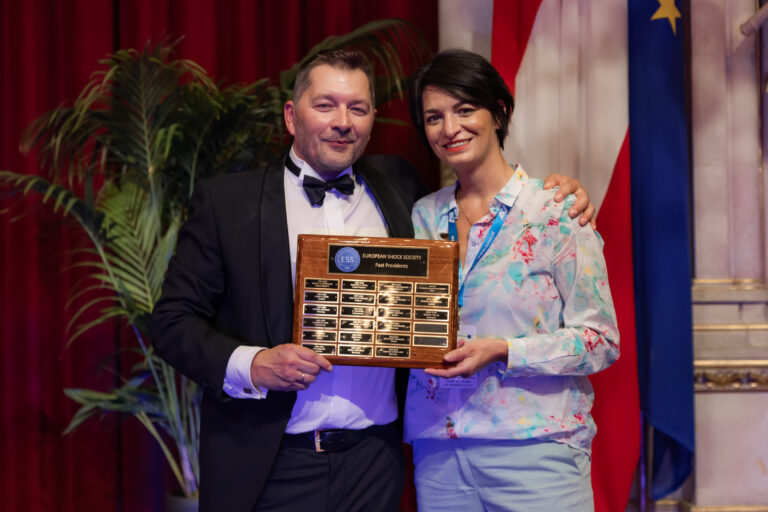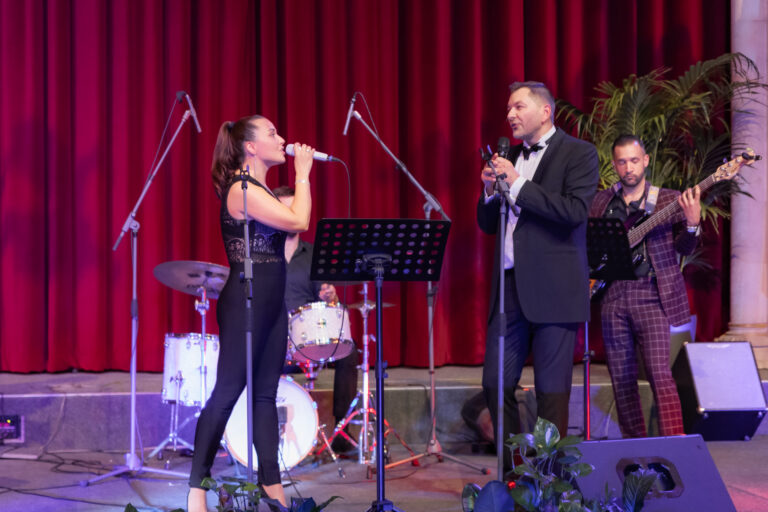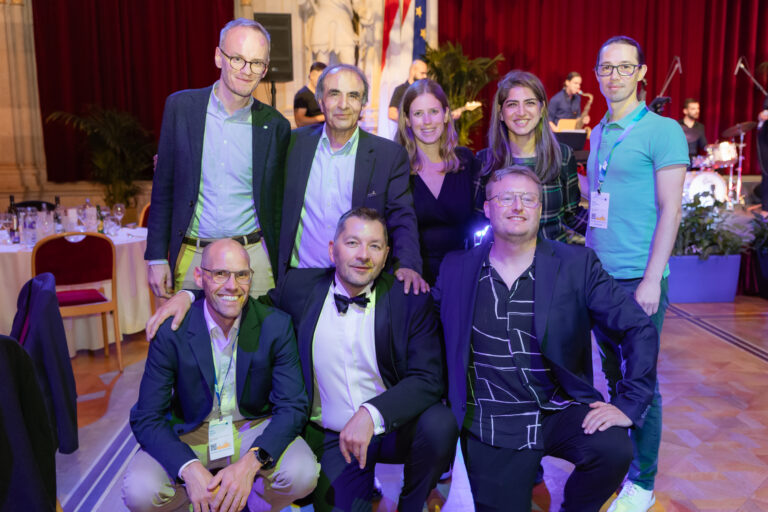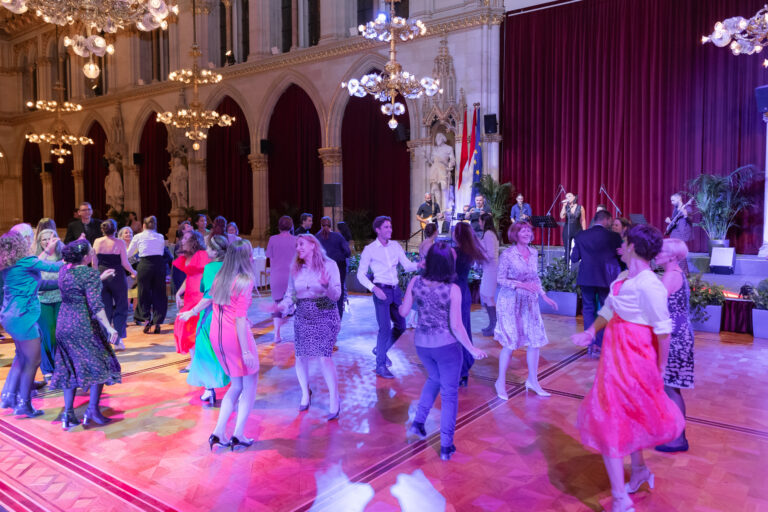A grand-style Viennese congress celebrates 40th Anniversary of the European Shock Society
As President of the European Shock Society (ESS), Marcin Osuchowski was tasked with hosting the biennial congress – a very special honor given the 40-year anniversary of the society!
Marcin Osuchowski, head of Sepsis-Shock-Trauma Research at LBI Trauma and native of Poland, found a fitting home for the event in the intellectually rich ambiance of the University of Vienna. The congress showcased a stellar lineup of speakers ensuring a stimulating exchange of ideas and maintained a high level of academic excellence.
The congress was not just about seasoned professionals; it also focused on catering to the emerging generation of scientists. Pre-congress ESS Summer School, Poster Walk and New Investigator Award Competition (ENIAC) provided junior scientists with invaluable networking opportunities and exposure.
The meticulous organization of the conference was entrusted to the AUVA for International Relations and Convention Management (coordinated by Nikolaus Schaden-Kajoui & Sabrina Michelitsch). Supported by young volunteers from LBI Trauma, they ensured a smooth flow of the event despite occasional logistic glitches.
LBI Trauma scientists on stage rewarded for their cutting-edge research
LBI Trauma scientists were strongly represented. For example, Wolfgang Holnthoner (head of Vascular Biology research), explained the intricacies of EVs and their potential across different research fields. Johannes Zipperle (Scientific Coordinator of Translational Anesthesiology and Pain Medicine Research) addressed cellular modulation and hemostasis dysregulation in critically ill patients while Andrey Kozlov (head of Molecular Basis of Organ Failure and Regeneration), explored the role of mitochondria as key players in excitotoxicity. Younger LBI Trauma scientists also proudly presented their works: Anette Vaglio Garro (native of Costa Rica) on glutamate-mediated neuronal damage, Fatemeh Azizian-Farsani (native of Iran) on functional use of thromboelastometry in lab animal acute illness models and Philipp Thaler (Austria) on developing a clinically-relevant compartment syndrome model.
Rising stars of intensive care research were on stage at the European New Investigator Award Competition (ENIAC; top five submitted abstracts). Naimeh Hashemi (native of Iran) from LBI Trauma was one of the top finalists; she presented a collaborative work on the mechanistic role of dexamethasone’s benefits in treatment of critically ill COVID-19 patients.
One of the most joyful sessions was “40 Years of ESS: Reminiscences”, during which nine past ESS presidents (including Heinz Redl and Soheyl Bahrami of LBI Trauma) were hosted with Jan Goris, Belgium as the most senior president attending. The session had a format of a round-table discussion moderated by Borna Relja and Marcin Osuchowski. The presidents answered questions from the audience, recalled some past memories and stories as well as reflected upon the future of ESS. It was an excellent way to honor those who have co-created the existing legacy of ESS.
Patient testimonials in the ESS congress spotlight
The most touching and memorable session of the congress, however, was the Patient Testimonial Session, during which two survivors of critical illness, Dennis Kredler (Belgium; sepsis) and Paul Föll (Germany; polytrauma) told their captivating stories from the ICU and subsequent rehabilitation. The session was chaired by two ICU physicians: Herbert Schöchl (Austria) and Antoine Herpain (Belgium) who were involved in saving the lives of Dennis and Paul. Each of those stories was different and unique, yet, both had a common thread: expressing gratitude and joy of surviving a life-threatening condition as well as desire to communicate how things can still be improved from a patient’s perspective. Their testimonials were a powerful reminder to all of us that at the end of our research efforts there is always a patient, and that saving lives takes more than just knowledge; it requires dedication, organization and tight cooperation of medical professionals from several fields.
Awards and celebration – honoring the best.
The ESS congress was concluded in an outstanding social event worthy of its 40 year anniversary: A gala dinner with live music at Viennese city hall. Before the party began, several outstanding scientists received awards in a variety of categories, including our own young researchers: Sergejs Zavadskis (native of Latvia) was awarded as Best Poster in the category trauma & injury while Johannes Zipperle (Austria) won Best Poster in the category inflammation/ coagulation/ mechanisms. ENIAC finalist Naimeh Hashemi received an ESS Travel Award.
To LBI Trauma, the evening was not only about receiving but also giving: Former LBI Trauma director Heinz Redl handed the prestigious Günther Schlag Memorial Award to Dr. Anna Herminghaus (native of Poland) from the University Clinic of Düsseldorf, Germany. The Award is bestowed biennially in memory of the very first director of the LBI Trauma institute. It aims to recognize not only a scientific merit of a mid-career awardee, but also his/her enthusiasm, exemplary work ethics and collegial spirit.
For his final act as ESS President, Marcin Osuchowski handed over the presidential plaque to the incoming (first female!) ESS president: Borna Relja (native of Croatia) from the Ulm University Clinic, Germany. We spent the rest of the evening dancing, singing and having fun until midnight following the Coat-of-Arms motto: “ESS: Energy, Science, Smile”. In the words of the Past President: “It was an absolutely a great evening spent with members of the international ESS family. Consider joining this family. In short: Say YES to ESS!”
